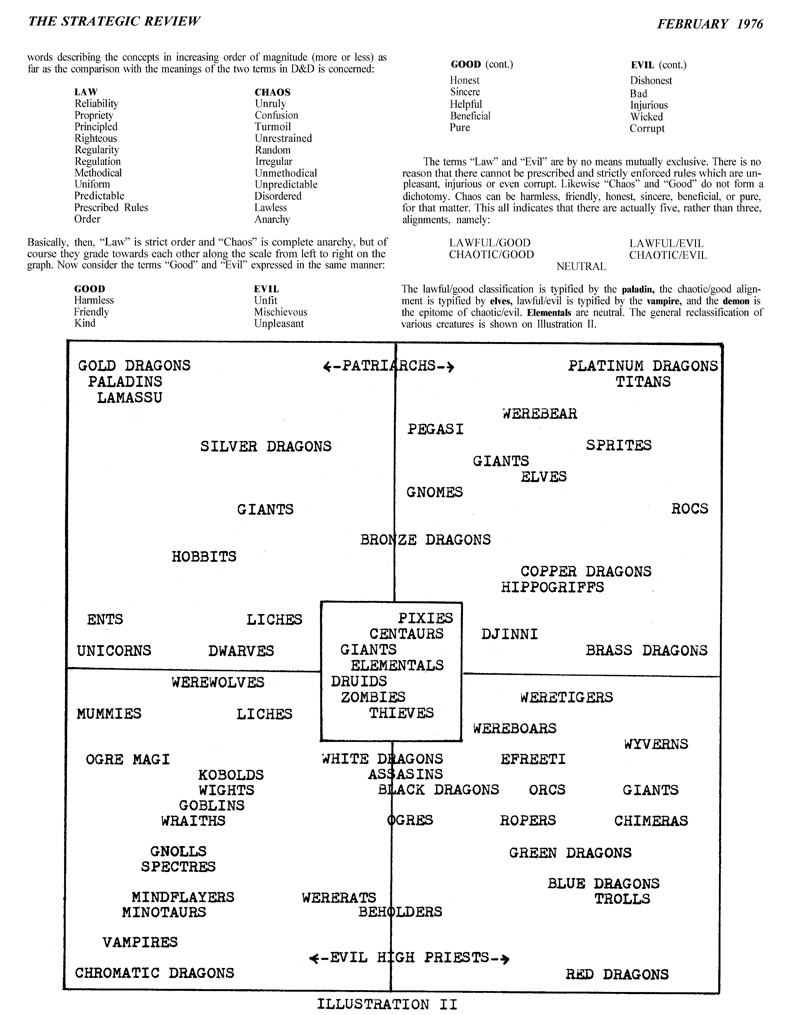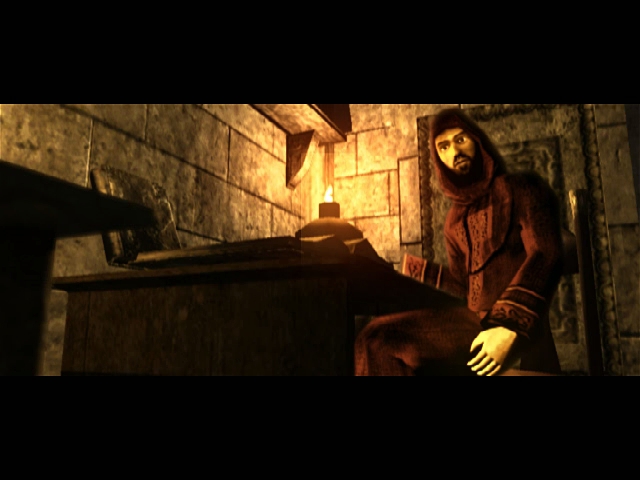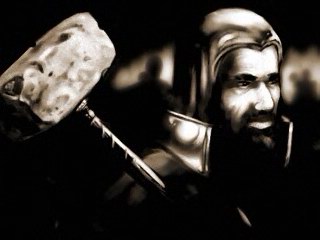Breaking an oath is a chaotic action. Breaking it to honor another commitment makes it neutral.
No, it's still chaotic. Killing a baby to save a nun isn't a neutral action. It's an evil action followed by a good action.
You can argue that the motive was neutral, but not the action itself.
Your revisionism on medeival fealty is also incorrect. The most central aspect of the oath was to always be loyal. The Lord was in turn expected to provide materially.
Again, D&D modified and expanded the relationship, per 2E rules. It's not my revision, it's theirs. It now applies to not only a lord, but the church or whatever organization he's swearing fealty to and the liege/organization is now the arbiter of right and wrong.
In no way could this simply be shrug off, or revoked over diasgreements.
And that's not what happens with the Expatriate kit. You'd know that if you read what I quoted.
I'd hardly call being hunted down and treated like a pariah by nobility for life "shrugging off" something.
Or did you mean that Medieval Paladins didn't would lose their class powers regardless of whether or not it was justified? You...know paladins didn't exist, right?
Doing so would take other forms of authority to do so legitimately, either through the church or through entering service of a higher royalty.
This is assuming that's not an option. You are a paladin. You work for a King. The King is now evil. What do you do?
You talk about over-complicating things, but here you are, balking at this simple proposition for two pages now.
Neutral good is the best alignment you can be because it means doing what is good without bias for or against order. ~ 3.5 SRD
That's almost a direct refutation of your argument.
lol, no. I covered this already.
So, reading especially the highlighted bits, you can see that while this is similar to a Neutral Good character's belief that X organization or law isn't necessarily what is right or wrong, it doesn't mean that the Paladin is assuming that laws are meaningless and that good depends on his own judgement alone.
The Paladin still believes in Law and Order, he still has to have a code of beliefs and principles, even in the case of the Expatriate.
Its I different beast. Lets do 5E:
Lawful good (LG) creatures can be counted on to do the right thing as expected by society.
Neutral good (NG) folk do the best they can to help others according to their needs.
Chaotic good (CG) creatures act as their conscience directs, with little regard for what others expect.
lmao, what hot garbage.
It's focused on actions rather than outlook. This is completely wrong, but then 5e says D&D is now about showcasing racial Diversity, so what can you expect?
By 5E's definition, there's zero reason why renouncing an oath to an evil king would be chaotic. I think most people would expect you to. It says "society" and doesn't even specify what parts of society.
It's a completely relativistic ruleset that's obviously made to be nonrestrictive and it's pretty clear that it's part of the trend of WotC phasing alignments out entirely. They asked for alignment not to be included in BG3, from what I understand and paladins can no longer even detect evil.
What's the point of even quoting this trash?
They definitely went with weak definitions here, but in medieval feudalism, honoring your oaths--especially to your lord was extremely important. Breaking with a lord for any reason was basically exiling yourself, at best. Not something that would be described as lawful.
I just find it really funny how the guy who spent two posts refusing to respond to my points with anything other than "hurr hurr, 2nd Edition is so outdated!" is citing medieval feudalism in his argument.

Or he might take an action that can be perceived as chaotic, like renouncing his fealty to his liege, while still remaining lawful good.
There is your quote.
Breaking an oath is a chaotic action.
Uh huh. And where in my quote did I say "break his oath"? Nowhere. That's my point.
Oaths are meaningful. They are orderly, which falls under Lawful in D&D. Breaking them is inherently chaotic. Do I need to cite classical literature and myths, the foundation of western traditions, for you to understand this?
Myths have little to do with the alignment system, so no.
An oath is an oath and breaking it is a chaotic act. But again, the paladin in this situation isn't breaking it. He is renouncing it because it was already broken by his liege.
Do you understand this:
Breaking an oath, which for the umpteenth time is not really what the Expatriate is doing, is a chaotic act
I said “renounce his fealty” in my first post, not “break an oath”. I also said “seems chaotic”, but actually is not.
I specifically mentioned the Expatriate kit.
A Paladin who renounces his oath for a valid reason isn't committing an unlawful act because the contract was already broken by his liege.
The idea is that the government in this case would be in violation of the law in the Paladin's eyes.
Once a paladin discovers that his church or government has become neutral or evil,
he may immediately renounce his pledge of fealty without penalty. From that point on, he
is not obligated to follow their edicts.
*Note this doesn't mean without negative repercussion. It just means he's not at risk of losing his class for not repenting of this.
Description: Like the Errant, the Expatriate has no permanent home, wandering from place to place in search of adventure and acceptance. However, the Expatriate is a nomad by circumstance, not choice. A warrior in exile, the Expatriate has renounced his allegiance to the officials or institution that originally granted him his paladinhood. His government or church may have become corrupt, his superiors may have betrayed their commitment to lawful good principles, or he have may have been dismissed for political reasons. In any case, his disillusionment is complete. He now makes his own decisions.
This book takes a broader view of fealty, defining it as loyalty not only to a lord but to any lawful good government, religion, or philosophy. For convenience, we refer to the recipient of a paladin's loyalty as the patron.
Regardless of who—or what—functions as the patron, fealty gives the paladin a sense of belonging to something greater than himself. Fealty also sets the criteria for a paladin's moral code; in essence, the patron establishes the difference between right and wrong, good and evil.
I've been consistent in not referring to this as oath breaking. The conditions oath were already violated when the liege betrayed lawful good principles. The conditions are not the same as medieval fealty and the book specifically states they are an expanded view.
One of the requirements of the paladin class is to belong to a lawful good organization or philosophy. How exactly is he supposed to do that when his liege becomes evil?






















